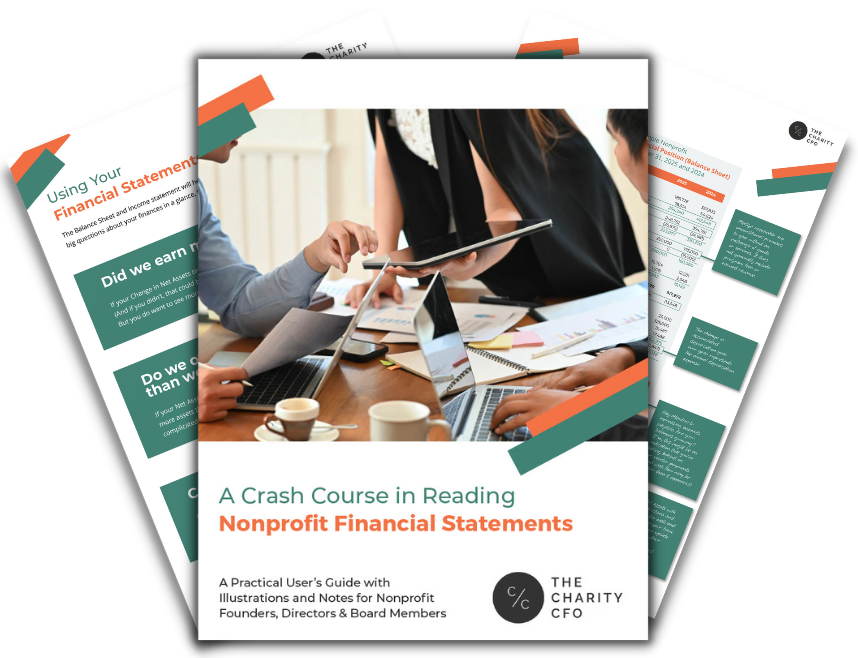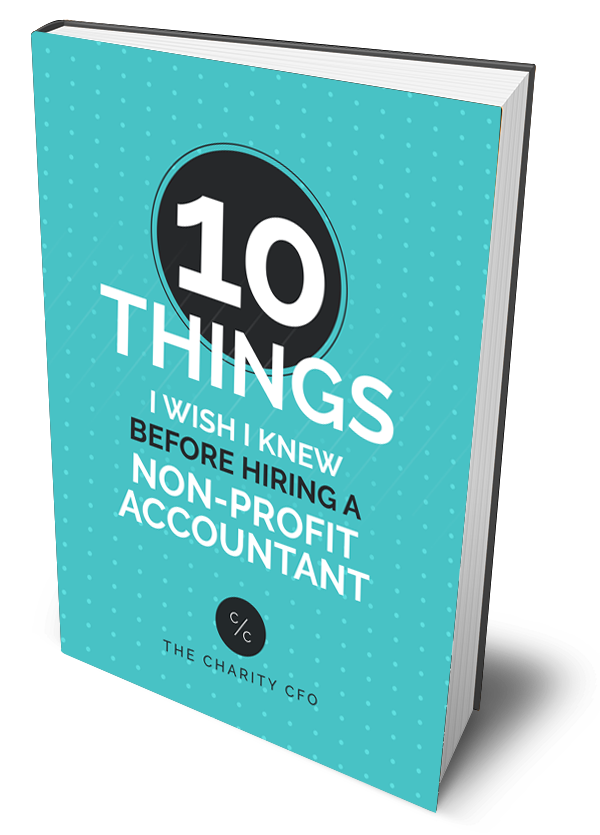In order to confidently run your organization, it’s important to have a strong understanding of nonprofit compliance requirements.
Running a nonprofit is no small feat. In addition to the many struggles of running a business, nonprofits have additional hurdles to overcome as it relates to their mission, employment strategy, accounting, and compliance. While this last one, compliance, can tend to fall to the bottom of the priority list, it is actually one of the most important aspects to consider when running a successful and lasting nonprofit.
However, compliance is not always very straightforward and it can be a huge task to undertake on your own. We’re here to provide you with background, information, and support to ensure that you’re on top of your compliance requirements.

What Does Nonprofit Compliance Mean?
Compliance is the act of assuring the public that nonprofit organizations are obeying the appropriate laws, contracts and commitments that they enter into as a nonprofit organization. Compliance laws protect the public and ensure that nonprofit organizations are eligible to receive the financial advantages offered and that they do not abuse these advantages.
Depending on your state, funding and other factors, your compliance and audit requirements might vary. Requirements at the federal and state levels also vary.
Noncompliance can lead to dire consequences for your nonprofit organization, including
- Fines
- Lack of funds / Reduced funding
- Diminishing donor/supporter trust
- IRS audits
- Revocation of tax exempt status
Compliance Checks
Compliance checks may also vary by organization and can come in different forms.
Compliance reviews: A less exhaustive, non-examination format for the IRS to check on the proper reporting of certain items. Compliance checks or compliance check questionnaires tend to be simpler than a full audit and are limited in scope.
- Recordkeeping and information reporting requirements
- Consistency with tax exempt purpose
Audit: Can be conducted by the IRS if sent a letter, or may be required to be completed based on your federal funding status or other obligations. A field audit tends to be comprehensive and looks at:
- Timeliness
- Completeness and accuracy
- Exemption status
- Annual tax returns / Employment tax returns / Form 1099 series information returns
- Proper payment of tax liabilities
- Disclosure requirements for applications for exemption, for Form 990 series returns, and for fundraising solicitations and events.
If you are preparing for an external audit, it’s a good idea to properly prepare and gather all of the appropriate documentation. This can be a long and lengthy process. A great way to stay on top of these tasks is with an Audit Checklist.
Staying Compliant
The first step in staying compliant is understanding and being prepared.
Your Organization’s Compliance Requirements
The best thing you can do to ensure your nonprofit organization is always in compliance is first to understand, document, and distribute what those compliance requirements are in the various areas of your organization
- Corporate requirements – your incorporation process, annual filings and fees
- Fundraising requirements – registration to solicit donors in all states, countries and territories that your nonprofit operates in
- Operational requirements – adherence to your bylaws and other operational duties
- Accounting requirements – filing your Form 990 and adhering to proper accounting practices
- Employment requirements – proper classification of employee exemption statuses
- Record-keeping requirements – retaining the appropriate records to be easily accessed and for the required period of time
- Private grant requirements – specific requirements as outlined in grants that your organization received
- Restricted funds compliance – if restricted donations are received
- Workforce health and safety – dependent upon state and federal requirements
- Data security and privacy – following the laws in your areas of operation especially if you operate in the digital/web space with a website, app, or services
- Local and state zoning and licenses – certain activities your organization may engage in could require permits or licenses
Labyrinth Inc., experts in charity state registrations, provides a great starting point to begin to research and understand some of these requirements.
Accounting, Recordkeeping and Forms
The accounting and reporting function of an organization will play a crucial role in ensuring that you remain compliant. Having a CPA as a resource, whether internally or outsourced will be crucial to understanding the basics of nonprofit accounting. Generally, you will want to know that you are engaging with someone who has a deepening knowledge of the following:
- Nonprofit accounting
- Unrestricted, temporarily restricted, and permanently restricted funds
- Fund accounting
- Cash and accrual basis accounting
- Presentation of financial statements
- Accounting for donated assets
- Filing the proper forms at local, state and federal levels
- Reviewing accounting standards and updates
- Proper internal controls
Compliance Questions
Even if you’re new to compliance or aren’t an expert, there are a few questions that you should always ask and direct to those who are responsible for your compliance
- Have you filed your IRS 990 every year?
- Have you properly withheld payroll taxes? Without issues, notifications or penalties?
- Has the department of labor audited your nonprofit for misclassifying employees?
If you do not know the answers to these questions, it’s best to seek help and find out sooner rather than later before compliance becomes a larger issue.
Ongoing Maintenance
Once you have a handle on your compliance with good processes in place, the best way to avoid issues is constant maintenance.
- Keep up with new regulatory developments
- Regularly review your organization’s financial statements
- Conduct periodic internal audits
- Setup a process for monitoring compliance
- Evaluate the effectiveness of internal controls, financial policies, and procedures
- Assess risks and make necessary changes to mitigate them
- Create procedures for taking corrective action when necessary
The Charity CFO can help you stay in compliance with our expert teams with nonprofit experience.

Do You Struggle to Make Sense of Your Financial Statements?
Get our FREE GUIDE to nonprofit financial reports, featuring illustrations, annotations, and insights to help you better understand your organization's finances.
Get the free guide!


0 Comments